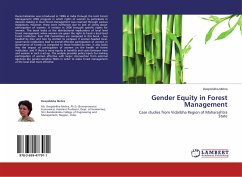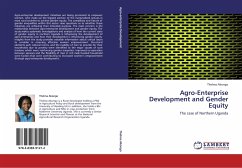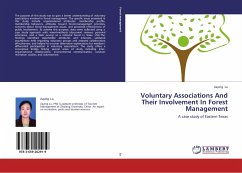Decentralization was introduced in 1990s in India through the Joint Forest Management (JFM) program in which rights of women to participate in decision-making in local forest management was reserved through various legislations. However, these were ineffective due to lack of clarity about participation of women. A revision in 2000 brought specific rights for women. This book looks at the distributional implications of local level forest management when women are given the right to head a local level forest institution. Four JFM Committees are compared in this book two headed by men and two by women to compare if women-headed local-governance institutions lead to overall effective participation of women in governance of forests as compared to those headed by men. It also looks into the impact of participation of women on the health of forest institution, and if there is more equity in benefits and costs between men and women in such a set-up. The analysis provides policy inputs for making participation of women effective with larger intervention from external agencies like gender-sensitive NGOs in order to make forest management at the local level more effective.








